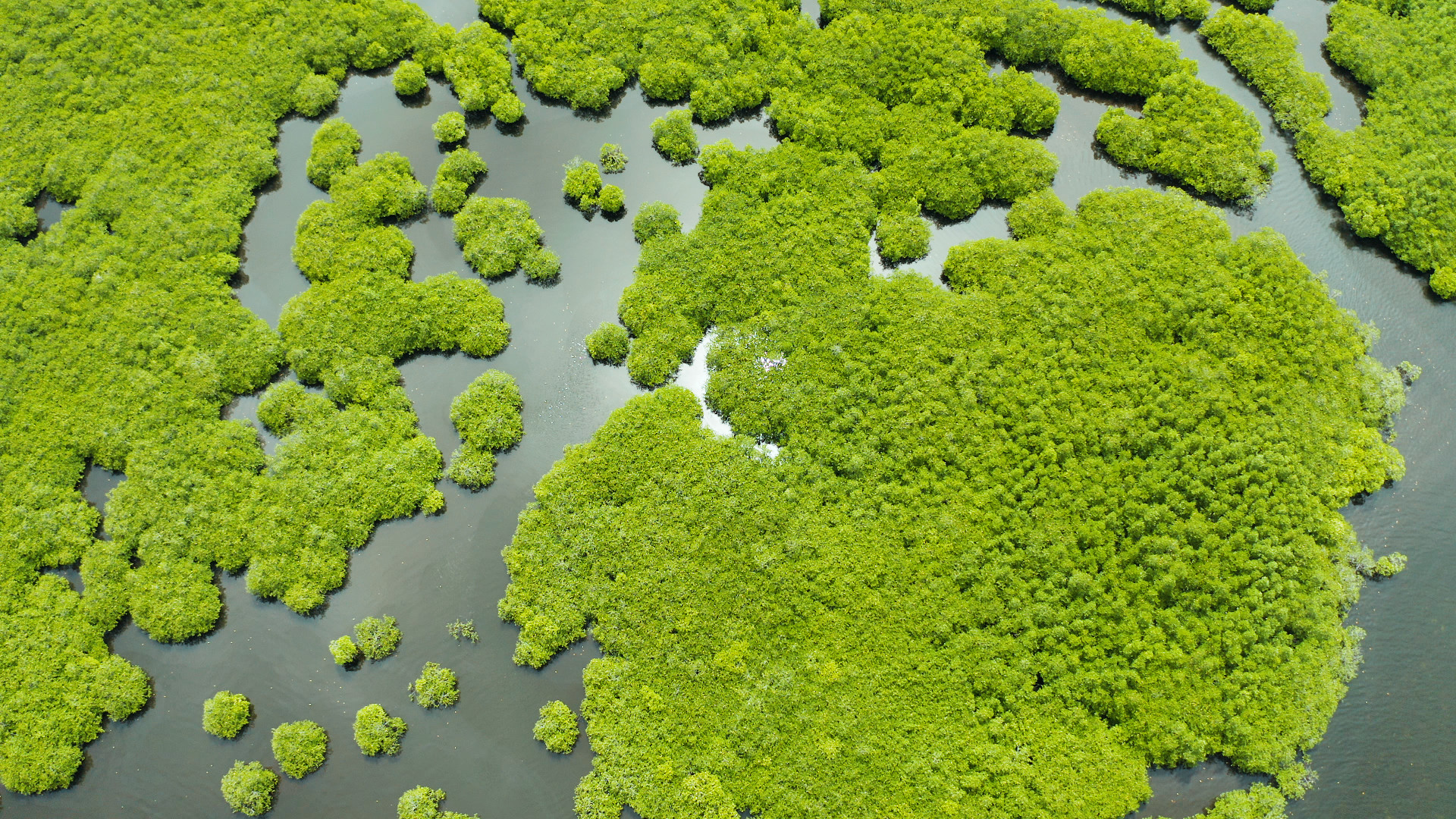
The natural environment plays an integral role in achieving the Sustainable Development Goals (SDG). Freshwater ecosystems - including lakes, rivers, wetlands and groundwater - possess enormous biological, social, educational and economic values. Recognizing their importance for sustainable development, SDG target 6.6 aims specifically ‘to protect and restore water-related ecosystems’. Unfortunately, freshwater ecosystems are increasingly facing serious pressures driven by human activities, including pollution, over extraction, and flow alteration, and these issues are compounded by climate change.
Decision makers need to utilise all information at their disposal that enable them to better understand the threats to water-related ecosystems and implement appropriate mitigation measures, involving the breadth of stakeholders and institutions concerned with sectors which impact upon those ecosystems.
The pilot project was launched by GWP and Cap-Net, with the support of UNEP and UNDP, to tackle these challenges by promoting evidence-based decision making and actions that protect and restore water-related ecosystems, thus accelerating progress under SDG 6.6.1. It made use of the SDG 6.6.1 Freshwater Ecosystems Explorer platform launched in 2020 to support global level monitoring on SDG 6.6.1, which provides up-to-date, high-resolution geospatial data showing freshwater ecosystems change over time.
The project encouraged and promoted the integration of environmental data within relevant decision-making processes through multi-stakeholder engagement, to improve the protection, management and restoration of freshwater ecosystems. This was achieved through two outputs at country level:
- Raising awareness of decision-makers and building the technical capacity of key institutional actors to protect and/or restore freshwater ecosystems and/or watersheds
- Preparing an ecosystem-specific cross-sectoral action plan to preserve and/or restore targeted watersheds and/or ecosystems through a consultative multi-stakeholder process
Key results from the project included:
- Training of 250 professionals on freshwater ecosystems based on a newly developed training manual and participation of 130 decision makers to awareness raising activities in the countries
- Preparation of action plans to protect and restore priority ecosystems: Ewaso Ng’iro North River Basin in Kenya, Lake Balkash in Kazakhstan, and Esquel-Percy ecosystem and Marapa-San Francisco River Basin in Argentina.
Read more about the project in the summary project description and here about the achieved results.


